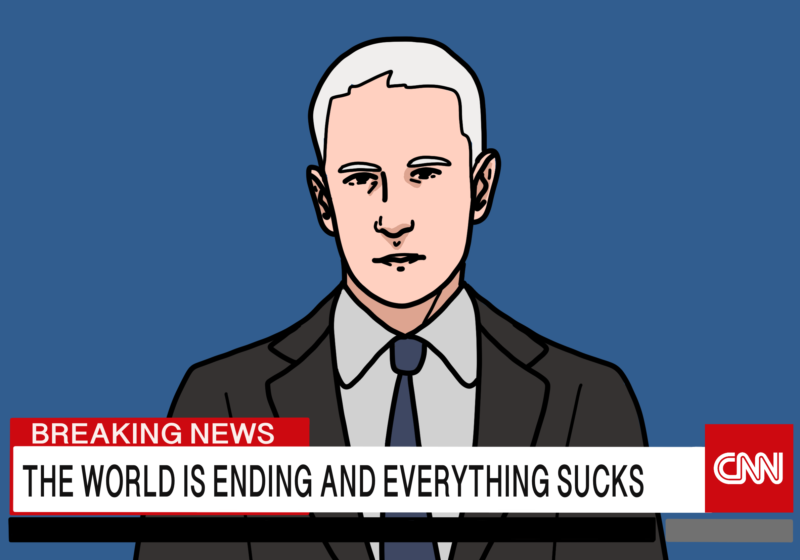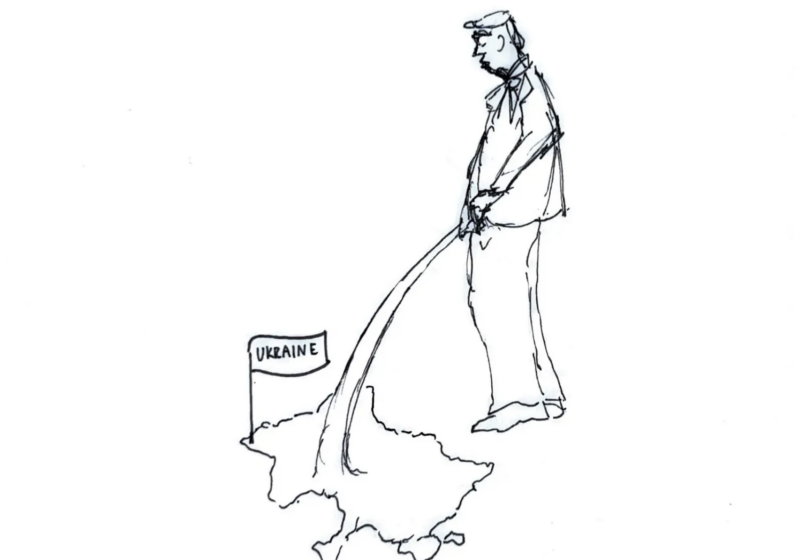On April 13, the CDC and FDA recommended a temporary pause on administration of the Johnson & Johnson COVID-19 vaccine. When this decision first hit televised news stations, their stories focused on the formation of life-threatening blood clots in patients who’d received the J&J vaccine, while neglecting the fact that only six of the 7.5 million people vaccinated experienced blood clot formation. Some public health experts fear this message will further anti-vaccination fears, making herd immunity even more difficult to achieve.
This misconstrued story is emblematic of a greater issue in reporting, particularly for TV news. American media has been deeply influenced by policy battles between activists, policy makers, and corporations. Plus, these media corporations have parent companies who push for stories that increase viewership and strengthen ratings. News stations’ tendency to focus on the stories that get the most viewers makes a story more likely to be inaccurately reported and sensationalized.
The best example of this phenomenon was Donald Trump’s 2016 presidential campaign. The campaign benefited from free national air time as Trump was exposed as a misogynist, a racist, and much worse. Each of these stories was lapped up by every news outlet from CNN to Fox News, and while each put their own spin on the incidents, Donald Trump was the undeniable focus of televised news. This kind of media presence made the Trump campaign almost impossible to ignore, and many analysts credit it in part for Trump’s successful presidential bid.
It’s important to point out that these biases don’t come from the internal political leanings of reporters. Rather, they’re largely a product of the commercialization of media that needs profit to continue, that earns that profit from, say, choosing to exaggerate particular political struggles over other, “less interesting” events.
This should worry you. Many people look to televised news to keep them informed, so when the information we receive is filtered by what stories are the most “clickable,” we get a biased view of reality. One poignant example of this is science reporting.
The COVID-19 pandemic has forced Americans to become more familiar with the science behind infectious diseases. For example, when the CDC released updated guidelines to prevent the spread of coronavirus, there was an onslaught of news stories focusing on the changing conditions. Stations could get more viewers by discussing the malleability and impermanence of these recommendations and throwing around blame than they could by focusing on why the recommendations were changing, so they sat on this issue for months. Because news stations focused on the inconsistency of CDC recommendations rather than the reasoning behind the changes, many consumers began to question the legitimacy of the CDC.
If we want to intercept this cycle of bad reporting, the parent companies of these massive news networks need to be removed. The Public Broadcasting Network’s nightly news represents a fair and factual discussion of both American and international news. This is possible because PBS makes an effort to accurately convey news stories to the public without worrying about pleasing a capitalist parent company oriented around their bottom line. And while Judy Woodruff doesn’t bring in the ratings an appearance from Anderson Cooper might, she “stands as a counterweight to a haywire era of American news.”






